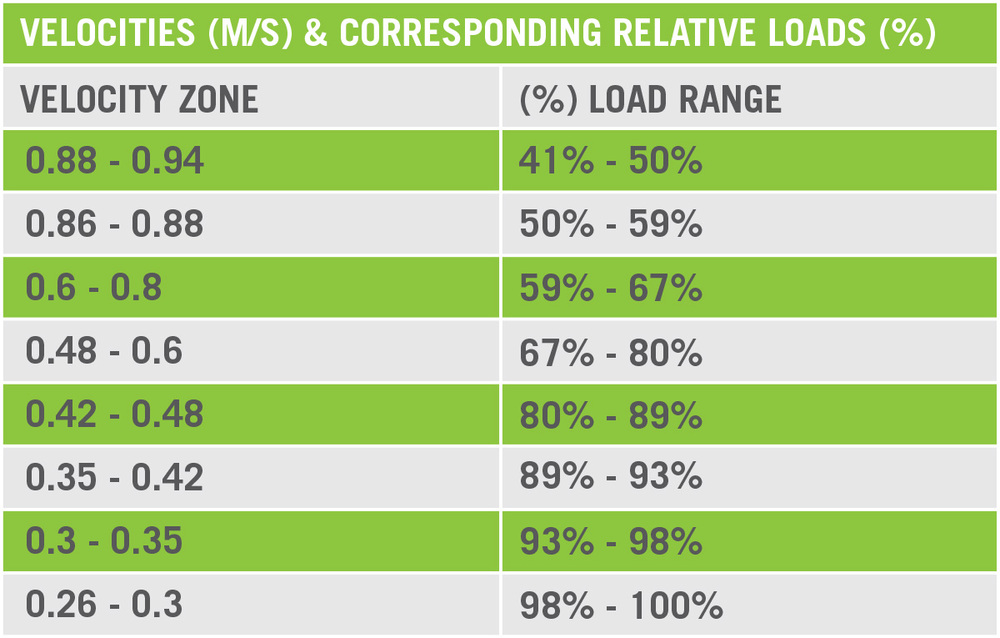In this way, we differ. I am not the first person to suggest this comparison at StrongFirst and I believe you'll find it in more than one book or article here. And if StrongFirst was like every other corner of the athletic world, I wouldn't be here, so I understand that it's not a common comparison to make.
I don't track what I eat but I'll guess I get the US RDA of protein, about .8 grams per kg of bodyweight. My lifting hasn't stalled yet.
I've never noticed a relationship between blood work and lifting for me but then again, I've never looked for one either. I get blood work once a year for my annual physical.
That it's metabolically different doesn't mean that difference is significant in how one can approach lifting - it is an important difference for you, and it's not for me.
I am hoping - who knows what the future may bring, of course, but God willing and the creeks don't rise - to start making requests to the powerlifting federations to add new 5-year age categories when I reach my 80's. Most top out at 85 or 90 years old.
I'm a musician for a living (perhaps a relevant thing here and perhaps not, I don't know) and I'm with the famous cello player in all areas of my life. Bob Dylan said, "He not busy being born is busy dying." Gaining muscle isn't "being born" to me but improving my skill at my lifts is.
Hey, do what works for you, of course, but the skill comparison being playing a musical and lifting is certainly worthy of everyone's consideration.
-S-

